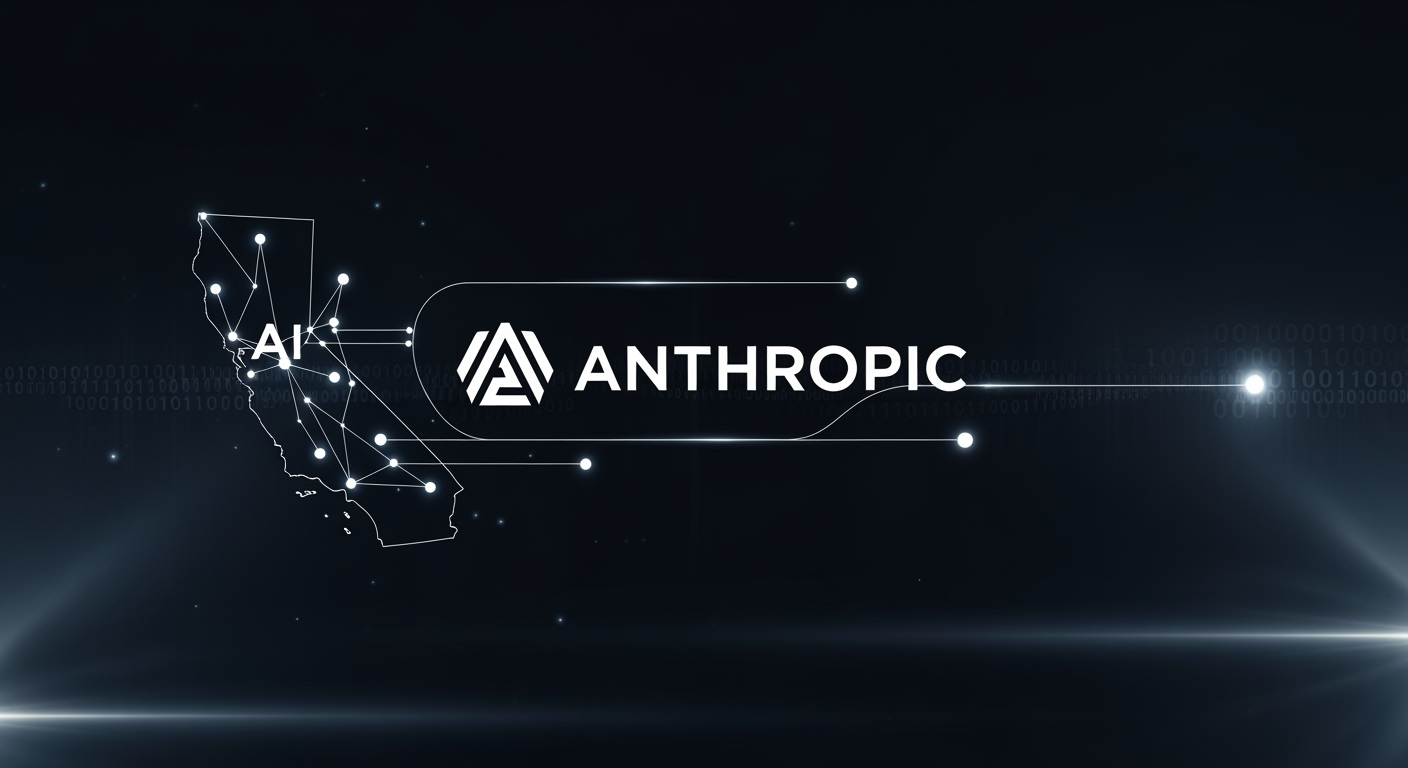Anthropic Becomes First Major AI Company to Back California’s SB 53

Anthropic Becomes First Major AI Company to Back California’s SB 53
Anthropic, one of the world’s leading AI research firms, has officially endorsed California’s SB 53, a landmark bill designed to bring transparency and safety requirements to developers of the most powerful AI models. This move makes Anthropic the first major AI company to publicly support the proposed legislation, setting the stage for a new chapter in AI governance debates.
What Is SB 53?
SB 53 is a bill introduced by California State Senator Scott Wiener. If passed, it would require companies developing advanced AI models—such as Anthropic, OpenAI, Google, and xAI—to:
- Develop and publish safety frameworks before deploying powerful AI systems
- Release public safety and security reports
- Protect whistleblowers who report safety concerns
The bill’s primary goal is to reduce the risk of AI systems contributing to catastrophic events, defined as incidents causing at least 50 deaths or more than a billion dollars in damages. It targets extreme risks, such as misuse of AI for bioweapon development or large-scale cyberattacks, rather than issues like deepfakes or AI-generated misinformation.
Why Is Anthropic’s Endorsement Significant?
Anthropic’s endorsement arrives at a pivotal moment. Many major tech industry groups, including the Consumer Technology Association and Chamber for Progress, have actively opposed SB 53, arguing that AI regulation should be managed at the federal level to avoid a patchwork of state laws. Despite this, Anthropic’s leadership believes that waiting for federal consensus is not viable as AI technology advances rapidly.
In their official statement, Anthropic noted, “The question isn’t whether we need AI governance—it’s whether we’ll develop it thoughtfully today or reactively tomorrow. SB 53 offers a solid path toward the former.”
How Does SB 53 Compare to Past AI Safety Bills?
California’s Senate previously passed a version of SB 53, but the bill has yet to receive a final vote before moving to the governor’s desk. Governor Gavin Newsom has not taken a public stance, but he did veto a previous AI safety bill (SB 1047) last year. Compared to earlier proposals, policy experts consider SB 53 more measured and technically informed. The bill was shaped with input from an expert panel co-led by Stanford AI researcher Fei-Fei Li.
Most large AI labs already publish safety reports and have internal safety policies, but these are voluntary. SB 53 seeks to make such transparency a legal requirement, ensuring consistent safety standards across the industry.
Controversies and Opposition
Opponents of SB 53, including some Silicon Valley investors and federal policymakers, argue that state-level AI regulation could hamper innovation and violate the Constitution’s Commerce Clause. The Trump administration has even threatened to block states from passing their own AI laws to avoid compliance conflicts for businesses operating nationwide.
However, Anthropic’s co-founder Jack Clark responded, “We have long said we would prefer a federal standard. But in the absence of that, this creates a solid blueprint for AI governance that cannot be ignored.”
The bill also underwent amendments in early September, removing a controversial third-party audit requirement in response to tech company concerns about regulatory burdens.
What Happens Next?
The fate of SB 53 now rests with the California legislature and Governor Newsom. If enacted, it would establish a precedent for other states—and perhaps even federal lawmakers—on how to address the risks posed by increasingly powerful AI systems.
For business leaders and AI practitioners, Anthropic’s endorsement is a sign that some industry players are willing to embrace regulation to ensure public trust and safety in AI development.





